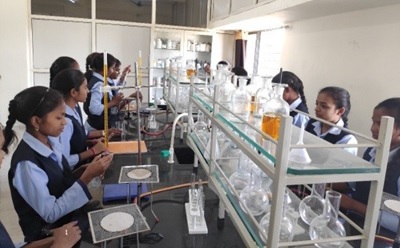We aim at bringing positive change in the lives of 10 million rural families belonging to economically weaker sections of the society, from present level of 4.0 million families, through resilient and sustainable means of livelihoods, improved quality of life, while contributing to the national and global sustainable development goals of climate action, gender equity, clean drinking water and overall ecosystem well-being.
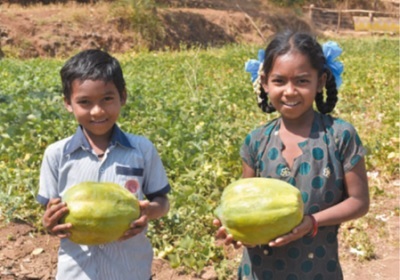
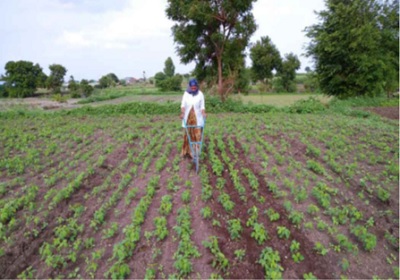
The strategy for achieving the goals will be empowerment and skilling of the local people, building social capital and collaborations with national and international science and technology institutions.
Sector wise Perspective Plans
1. Climate Smart and Sustainable Natural Resource Management
- Land degradation neutrality
- Integrated ecosystem services
- Region-specific approaches to manage the resources
- Renewable and clean energy
- Climate change mitigation
- Application of digital technology in field programmes
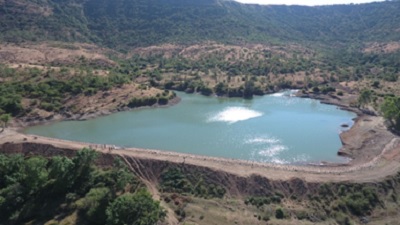
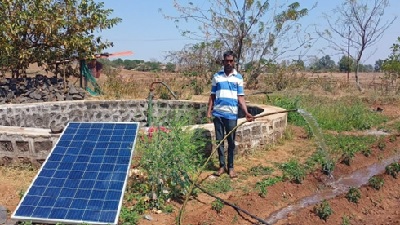
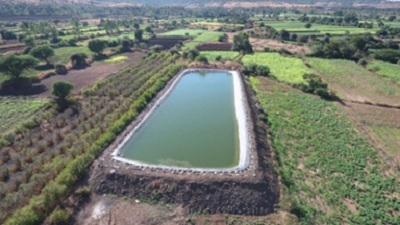
2. Climate Smart Agriculture for Rural Livelihoods
- Improvement in farm returns
- Ensure food and nutritional security of the resource poor families
- Adoption of agro ecological approaches
- Promotion of agro-biodiversity
- Promotion of value chains around the crops
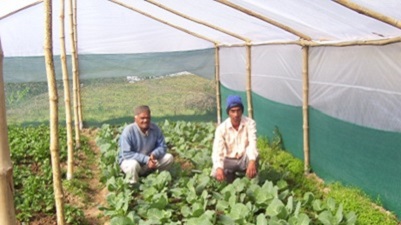
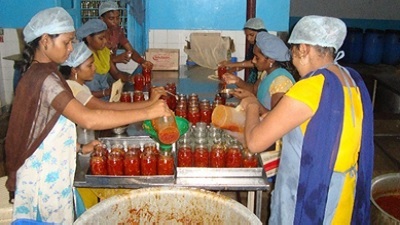
3. Livestock Based Livelihoods
- Region-specific genomic selection and breeding
- Promotion of indigenous breeds
- Promotion of mixed farming systems Precision and smart dairy farms
- Stress-resistant high yielding forage crops
- Climate smart practices and pastoral systems
- Market linkages
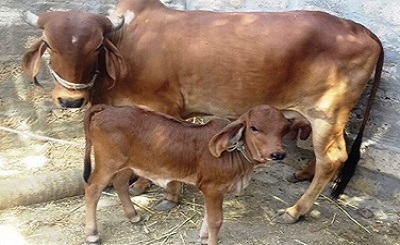

4. Women-centric development
- Women leadership and entrepreneurship
- Drudgery reduction in agricultural operations through mechanization
- Women reproductive health and hygiene and child care
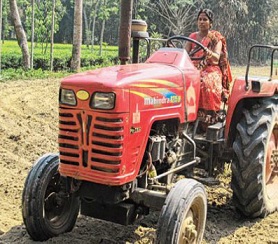
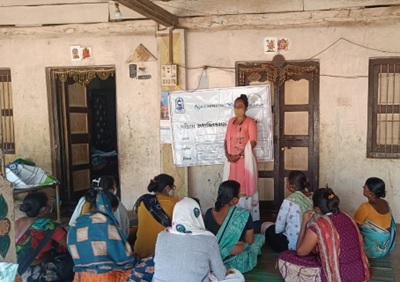
5. Water Sanitation and Health
- Personal and community health and hygiene
- Access to clean drinking water
- Access to sanitation facilities
- Strengthening traditional health practices in remote tribal areas
- Preventive community health care
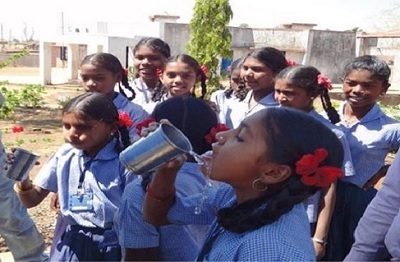
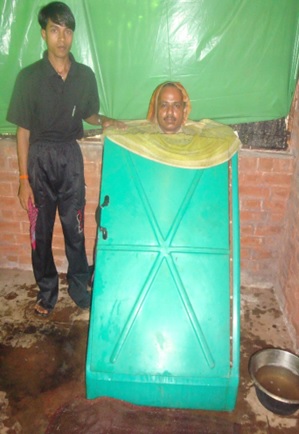
6. Rural Non-farm sector livelihoods
- Skilling youth in non-farm vocations
- Promoting rural enterprises
- Promoting digital applications
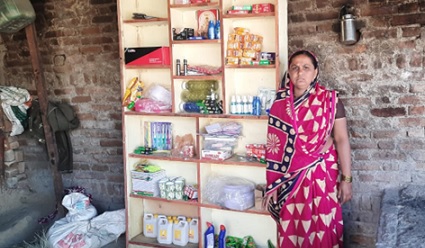
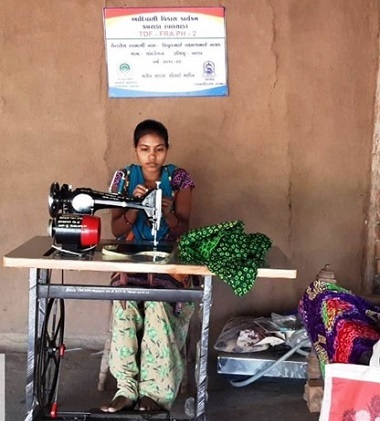
7. Education
- Functional literacy, especially of women
- School infrastructure and facilities in remote areas
- Skilling the students in rural vocations and farming

